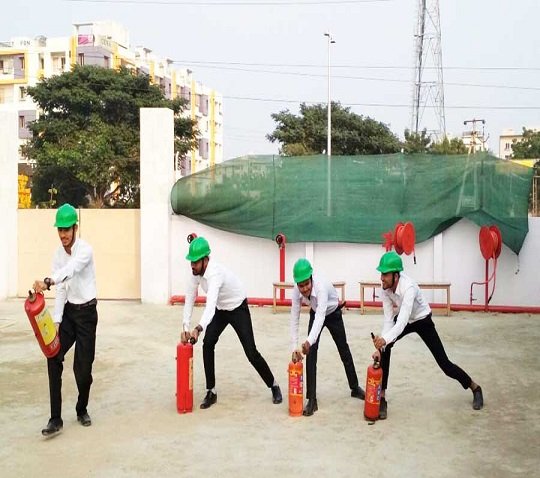
Becoming a fire officer is a challenging yet rewarding career path that requires dedication, specialized skills, and continuous training. Fire officers play a crucial role in leading firefighting teams, ensuring public safety, and coordinating emergency responses. If you’re considering a career in fire service leadership, proper training is essential to excel in this role. In this guide, we’ll outline the key components of fire officer training and provide valuable insights to help you succeed in your journey.
Understanding the Role of a Fire Officer:
- Fire officers hold leadership positions within fire departments, responsible for supervising personnel, managing resources, and making critical decisions during emergencies.
- They must possess strong communication skills, problem-solving abilities, and a deep understanding of firefighting tactics, safety protocols, and incident command systems.
Educational Requirements:
- While specific requirements may vary by jurisdiction, most fire departments require candidates to have a high school diploma or GED equivalent.
- Pursuing higher education, such as an associate or bachelor’s degree in fire science or a related field, can provide valuable knowledge and skills to aspiring fire officers.
Basic Firefighter Training:
- Before advancing to a leadership role, individuals typically start as firefighters and undergo basic training, including firefighting techniques, rescue operations, hazardous materials awareness, and physical fitness training.
- Gaining hands-on experience in firefighting is essential for developing the skills and confidence needed to succeed as a fire officer.
Specialized Fire Officer Training Programs:
- Many fire departments offer specialized training programs specifically designed for aspiring fire officers.
- These programs cover a wide range of topics, including leadership development, incident command, emergency management, budgeting, personnel management, and legal issues.
- Training may be conducted through in-person classes, online courses, seminars, workshops, and simulations to provide a comprehensive learning experience.
Professional Certifications:
- Obtaining professional certifications is crucial for demonstrating competency and expertise as a fire officer.
- Common certifications include Fire Officer I, Fire Officer II, Incident Safety Officer, Fire Instructor, and Emergency Medical Services (EMS) certifications.
- Candidates must complete specific training requirements and pass written and practical exams to earn these certifications.
Leadership Skills Development:
- Effective leadership is a cornerstone of success for fire officers. Developing leadership skills such as communication, decision-making, teamwork, and conflict resolution is essential.
- Fire officers should lead by example, inspire trust and confidence in their teams, and prioritize the safety and well-being of both personnel and the community.